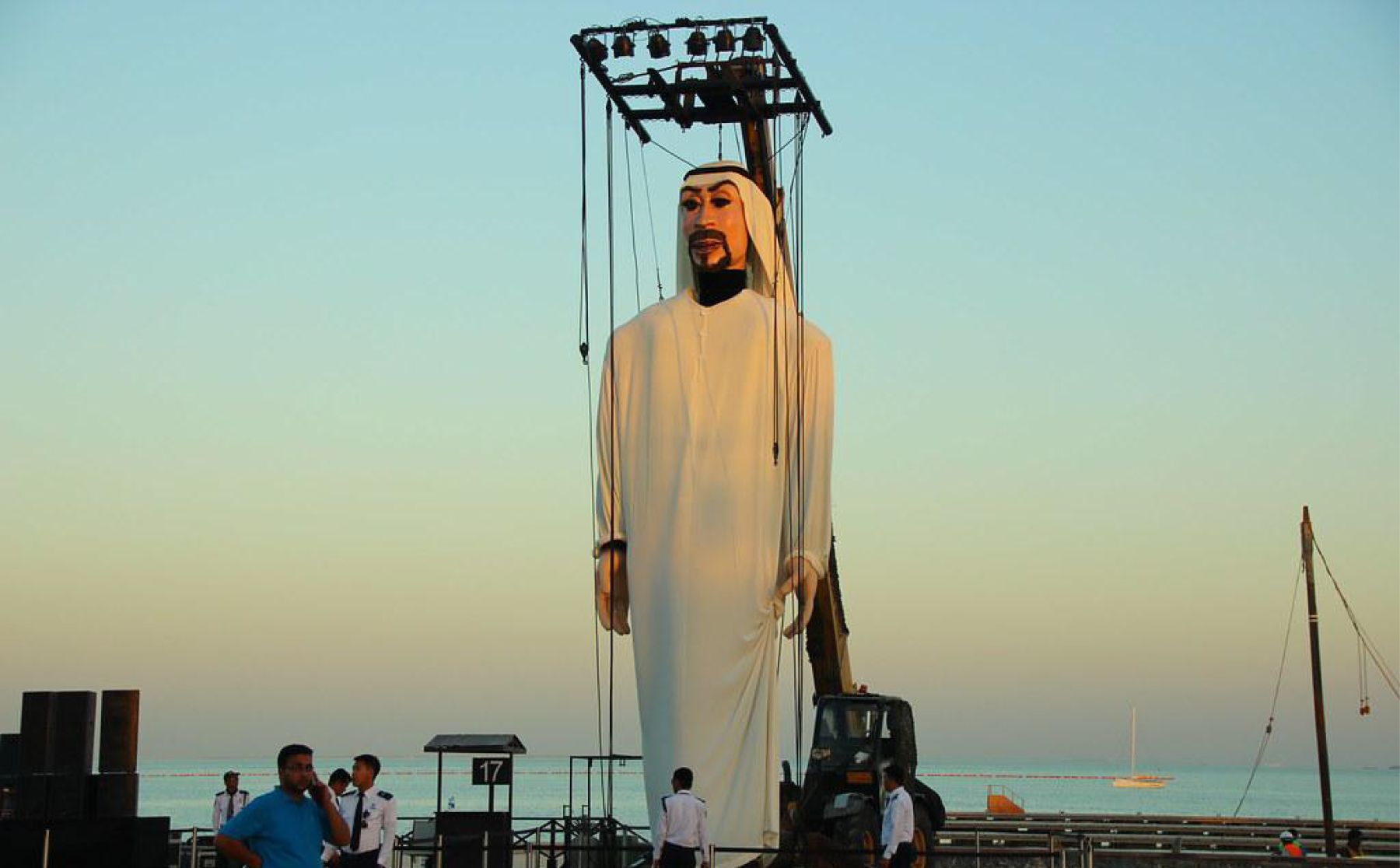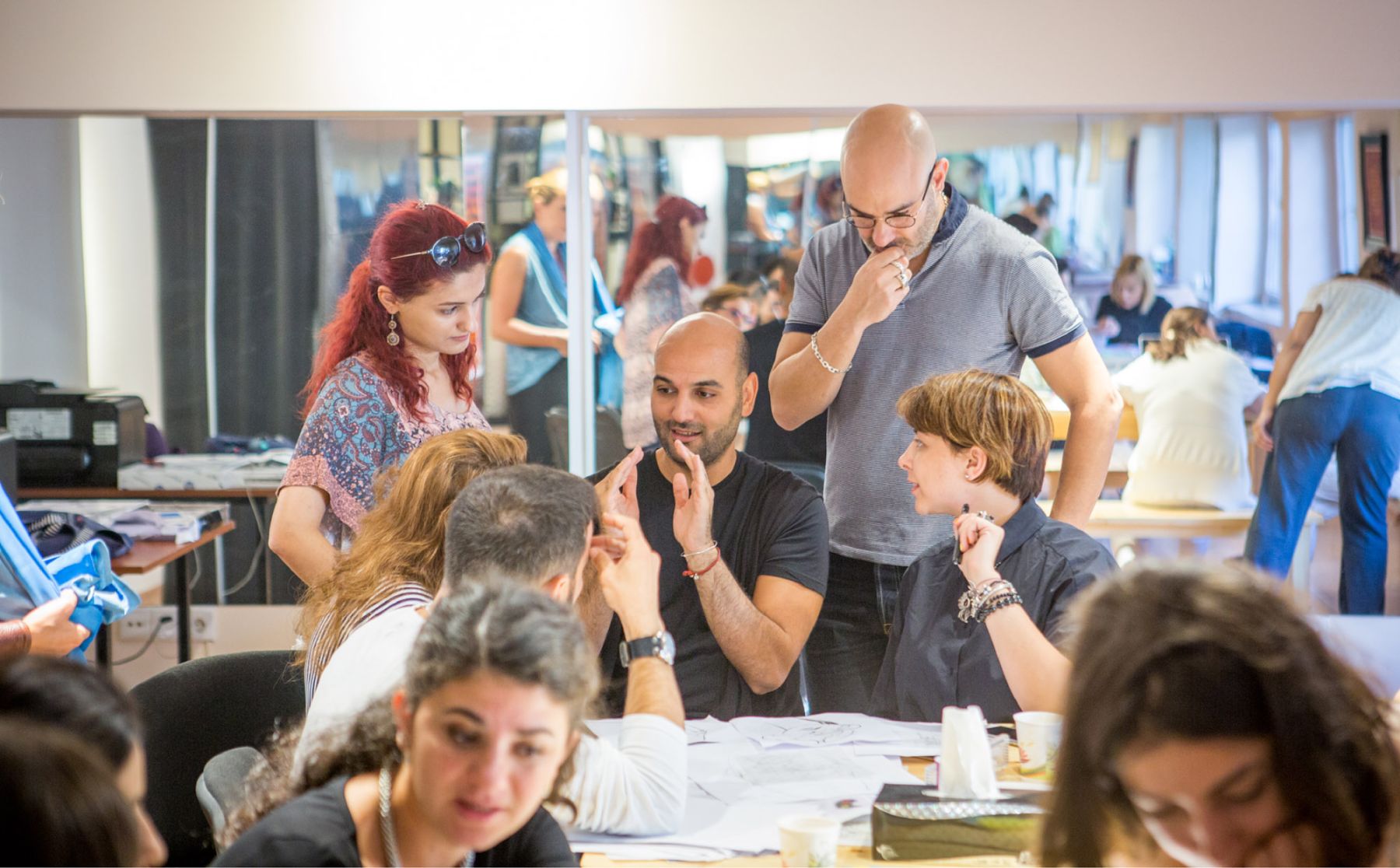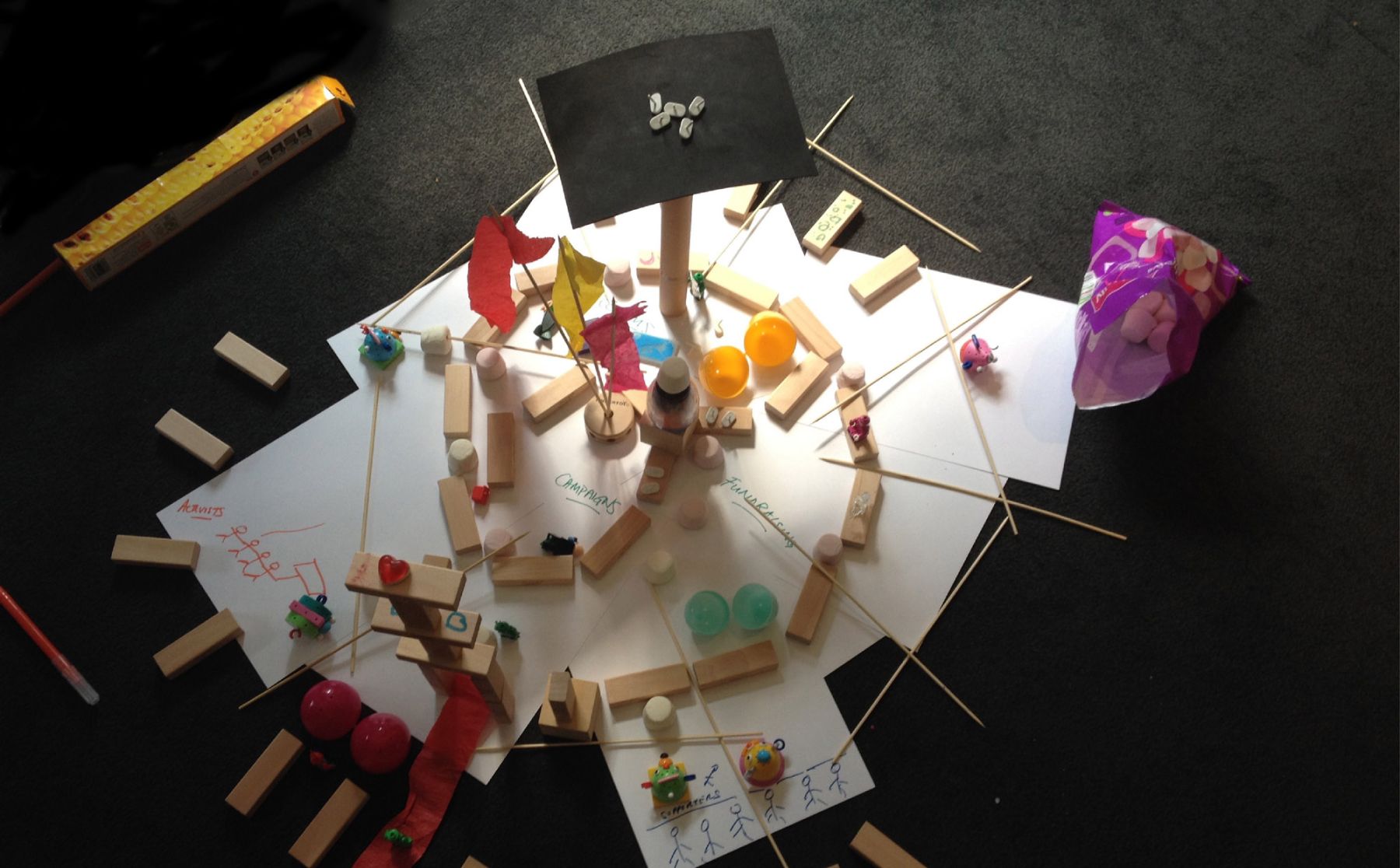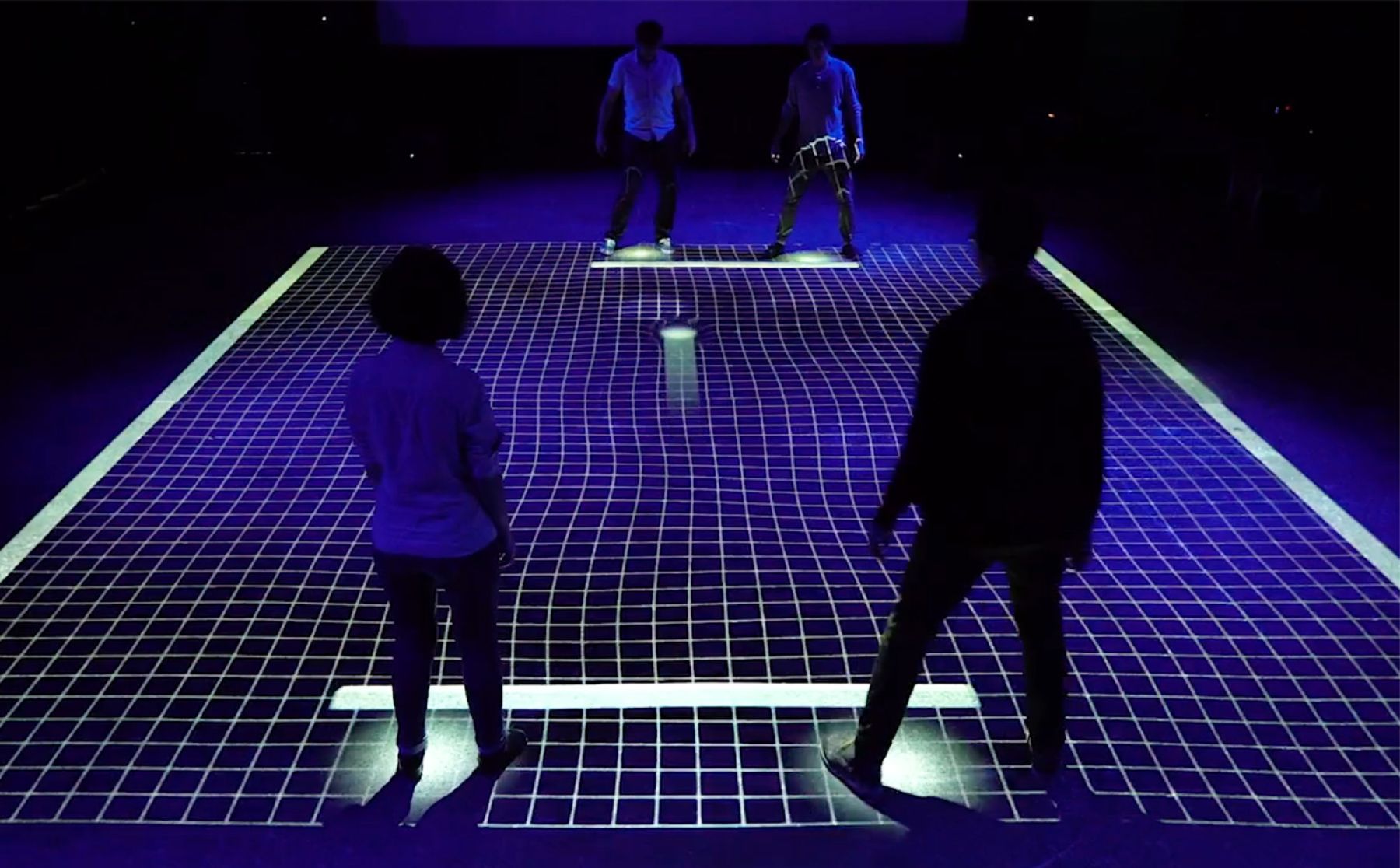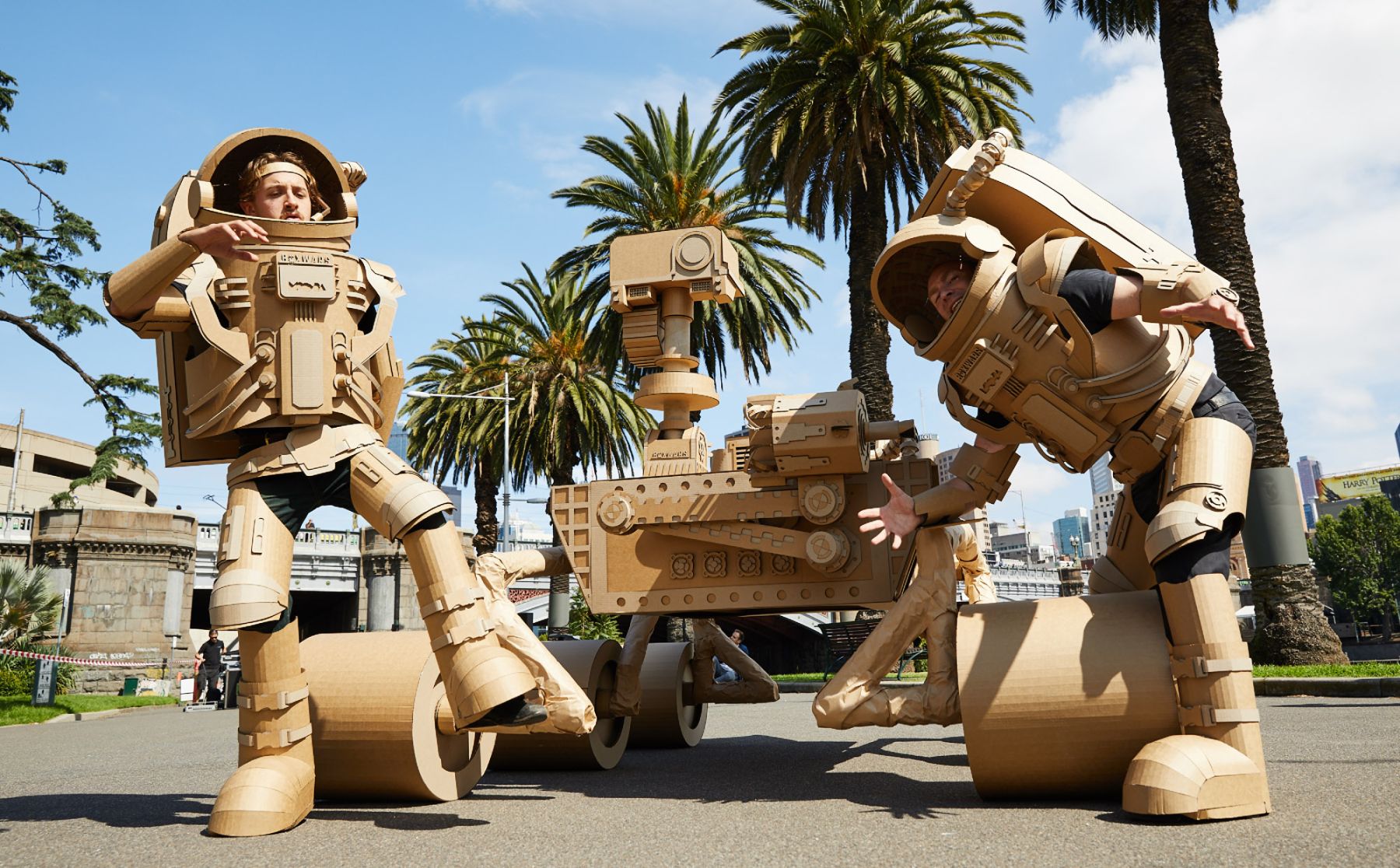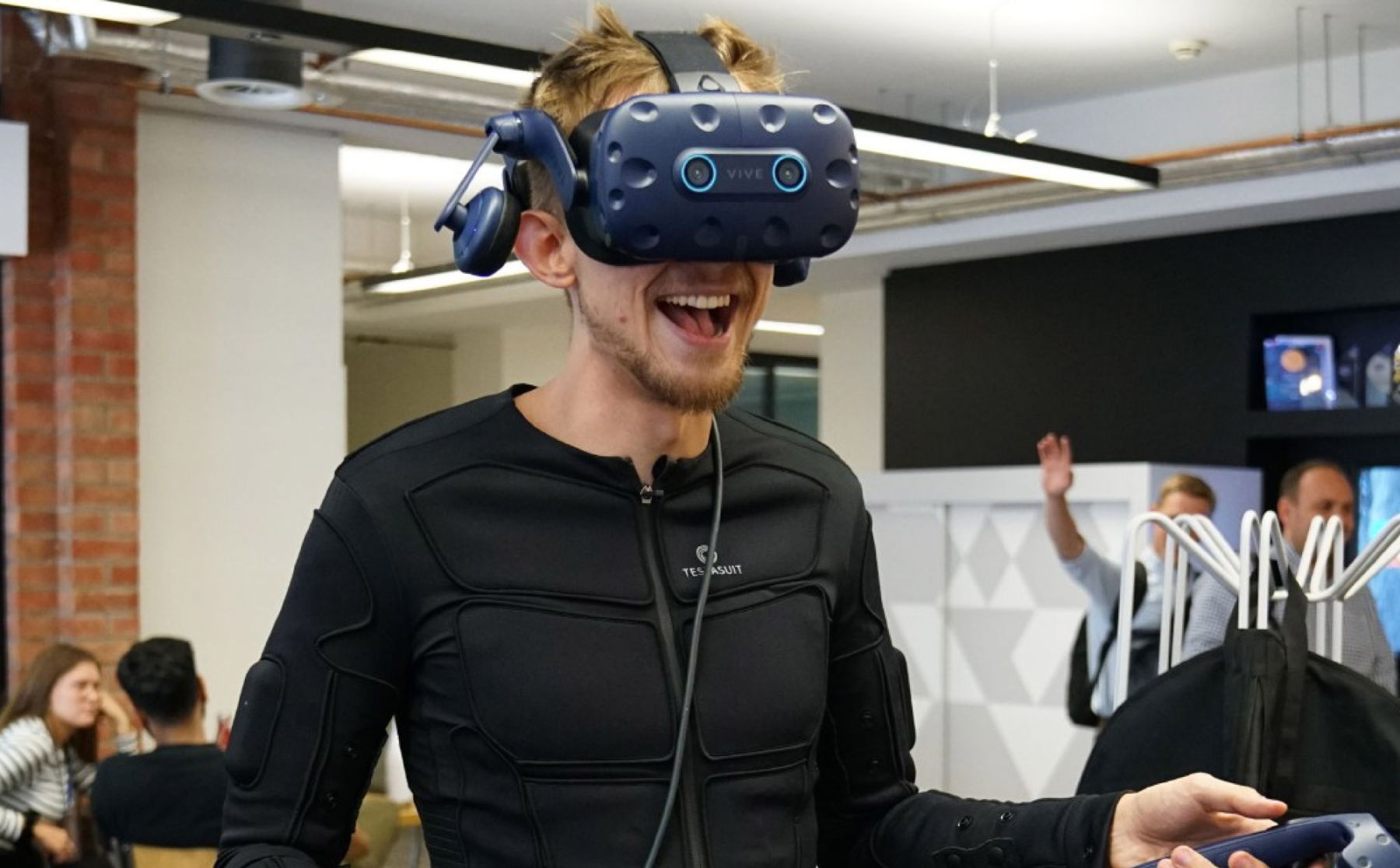A Level Playing Field: Sport for Development and Peace
“There are five billion football fans around the world, with Latin America, the Middle East and Africa representing the largest fan bases.” This impressive statement is from the website of the Federation Internationale de Football Association (FIFA), the world’s most prestigious sports organization. Soccer – or football – truly is the world’s sport. For some perspective, consider this: The United Nations has 193 member states while FIFA has 209.
It seems fitting to remember at this time when the world is focused on the early April draw for the 2022 World Cup in Qatar – who is going to play whom in November in the eight groups of four teams – that since 2013 UNESCO has recognized April 6 as the International Day of Sport for Development and Peace.
We tend to talk about sports in terms of conflict between two foes – mini battles with winners and losers – but more than anything else, sport creates communities. Soccer fans around the world are a single community, and from there we find myriad more: nations, cities, universities, clubs, community programs for kids, and so on. Sports brings people together. For children and young people, soccer offers not only exercise, but lessons in working with a team, playing by the rules, sportsmanship, creativity, and the benefits of skill-building and practice. For fans, the game offers real-time skill-based entertainment (rather than rehearsed or fictional) as well as community.
Saudi Arabia’s national team – nicknamed the Green Falcons – finished at the top of its 2022 Asian World Cup qualifying group, so the team is as poised as can be for success on the world’s biggest stage. And Saudi soccer has found success recently – not only winning the Asian qualifiers’ bracket but achieving an impressive top-four finish in this past year’s world-wide FIFA Club Championship via Saudi champs Al Hilal.
Saudi Arabia’s expanding excellence on the soccer pitch is just one element of the country’s increasing participation with the international sports communities – which is, in turn, only part of Vision 2030’s broader goals for international engagement. The inaugural Saudi Grand Prix in 2021 was the Kingdom’s first Formula 1 Grand Prix event. As well, the first professional golf event in Saudi Arabia – the 2019 Saudi International – was held as a European Tour event.
As much as sport represents a join-in mentality, sports organizations can be true champions of outreach. In 2019, for example, Ithra hosted “Blind Football with Barcelona,” a program of the Soccer Barcelona Youth Academy that provided a sensory exploration of “the world’s game” specifically for blind and visually impaired individuals along with their families and caregivers. This inclusivity program included in-depth training, free play and a soccer match in which all participants were blindfolded.
While we might tend to “root, root, root for the home team,” what we so often find in sports are the ethics of excellence and empathy and a place where we can literally come together on a level playing field.
- By Daniel Kany


